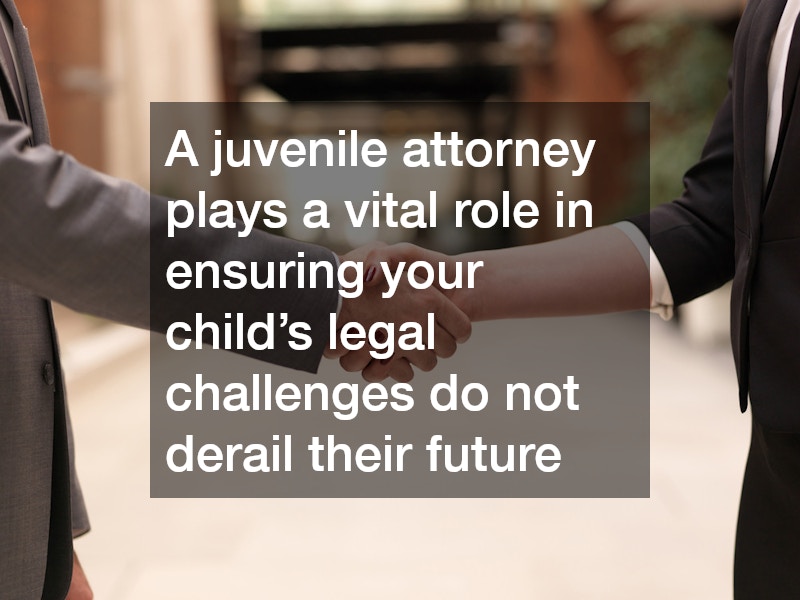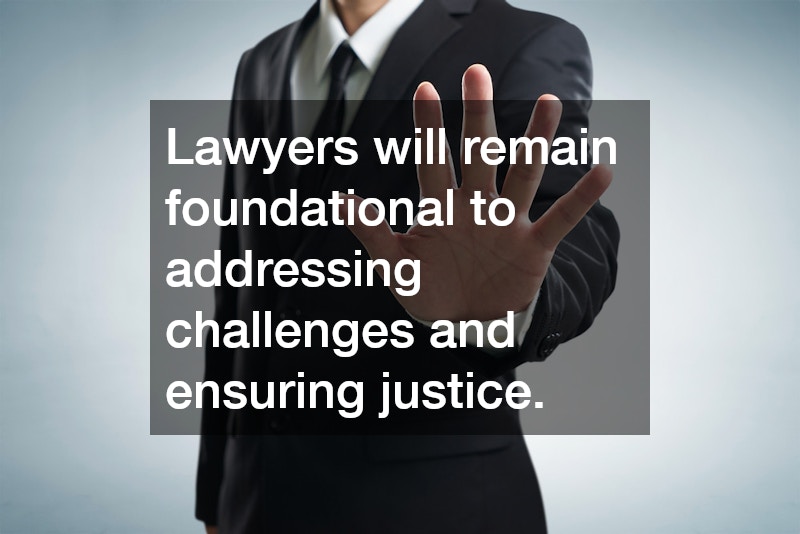
Understanding the role of a juvenile attorney is pivotal for any family facing legal challenges. Legal representation is integral in ensuring that a child’s future remains bright despite involvement with the legal system. A juvenile attorney protects the rights of the young client while navigating complex legal waters.
How can a juvenile attorney assist in navigating the legal system?
Understanding Juvenile Law
Juvenile law is more nuanced than adult criminal law, focusing on rehabilitation over punishment. A juvenile attorney specializes in these distinctions, ensuring that your child receives treatment befitting their status.
Their expertise ensures that legal strategies are tailored to the unique legal standards of juvenile cases.
Many countries have designed their juvenile justice systems with the understanding that children are fundamentally different from adults. They require unique considerations, with a focus on mentoring and reform. A knowledgeable attorney understands these nuances and leverages them for the child’s benefit.
The juvenile legal system offers opportunities for rehabilitation but requires careful navigation. An attorney ensures legal avenues such as diversion programs are thoroughly explored. This specialized knowledge helps secure opportunities to shield your child from future legal entanglements.
Legal Representation in Juvenile Court
Within the courtroom, the attorney stands as an advocate and protector of the child’s interests. They present persuasive arguments that highlight the individual’s circumstances, aiming to sway legal outcomes in their favor. This representation not only addresses immediate legal challenges but also encompasses the child’s overall well-being.
The courtroom can be an overwhelming place for a young person. An experienced attorney acts as a calming presence, explaining proceedings and offering reassurance throughout the process. It’s a crucial service that transforms complex legal procedures into a manageable form for both child and family.
Professional representation safeguards against potential legal missteps that could exacerbate a child’s situation. With an attorney’s guidance, the child is less likely to endure punitive measures that do not align with the restorative objectives of juvenile law. In the end, smart legal representation makes a significant difference in legal outcomes.
Mitigating Long-Term Consequences
The repercussions of legal issues in youth can extend into adulthood without proper management. An attorney crafts strategies focused on minimizing any lasting damage to the child’s record. They work tirelessly to ensure past mistakes do not irreparably alter the child’s future opportunities.
Employing an attorney can mitigate legal consequences that impact the child’s education and employment prospects. By expertly maneuvering within the system, an attorney can reduce or expunge records, preventing long-term stigma. This protection enables your child to pursue opportunities free from the shadows of past legal challenges.
What are the benefits of hiring a juvenile attorney?
Specialized Knowledge and Experience
A juvenile attorney’s specialized knowledge is invaluable when navigating youth-related cases. Their expertise in juvenile legal matters gives them a keen insight into effective strategies. Families greatly benefit from working with a professional in juvenile justice, ensuring specialized guidance in every decision.
This specialized knowledge extends to unique areas of law that affect the juvenile justice system. Attorneys versed in this field recognize the unique mindset and needs of young clients. Such skills are essential in effectively advocating and protecting a child’s future interests.
Guidance Through Complex Procedures
The juvenile legal process can be daunting without professional assistance. A juvenile attorney offers a guiding hand, breaking down the process into comprehensible steps. Their guidance is vital for families unfamiliar with the legal world and its intricate procedures.
Legal proceedings often involve numerous stages, from preliminary hearings to adjudication. An attorney brings clarity to each phase, ensuring that the child and their family understand what to expect. This understanding can help align necessary preparations for each stage.
Comprehensive guidance reduces the risk of missteps that could affect legal outcomes. It also reassures families that they are not facing the process alone. With a skilled attorney steering the course, the child’s best interests hold priority at every turn.
Advocacy for the Child’s Best Interests
Juvenile attorneys prioritize the best interests of the child, both legally and personally. Beyond legal representation, they recognize and address the external factors affecting the child. Their advocacy is central to shaping a legal experience that prioritizes compassion and understanding.
An attorney’s role extends beyond the courtroom, seeking opportunities that aid in a child’s development. They often collaborate with rehabilitation programs and external support services. By advocating these avenues, they help build a supportive framework for the child’s growth.
In conclusion, a juvenile attorney plays a vital role in ensuring your child’s legal challenges do not derail their future. Their expertise, advocacy, and guidance provide the tools necessary for navigating this complicated process effectively. By securing a qualified juvenile attorney, families invest in protecting their child’s interests, facilitating rehabilitation, and fostering future opportunities.
.




